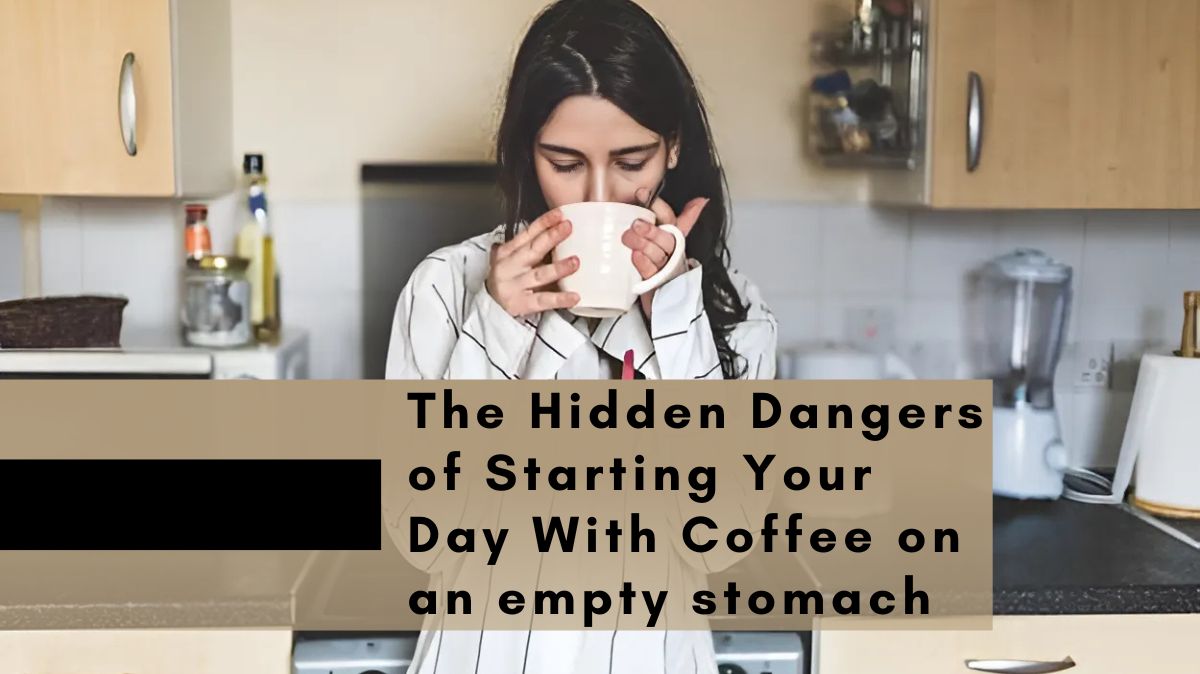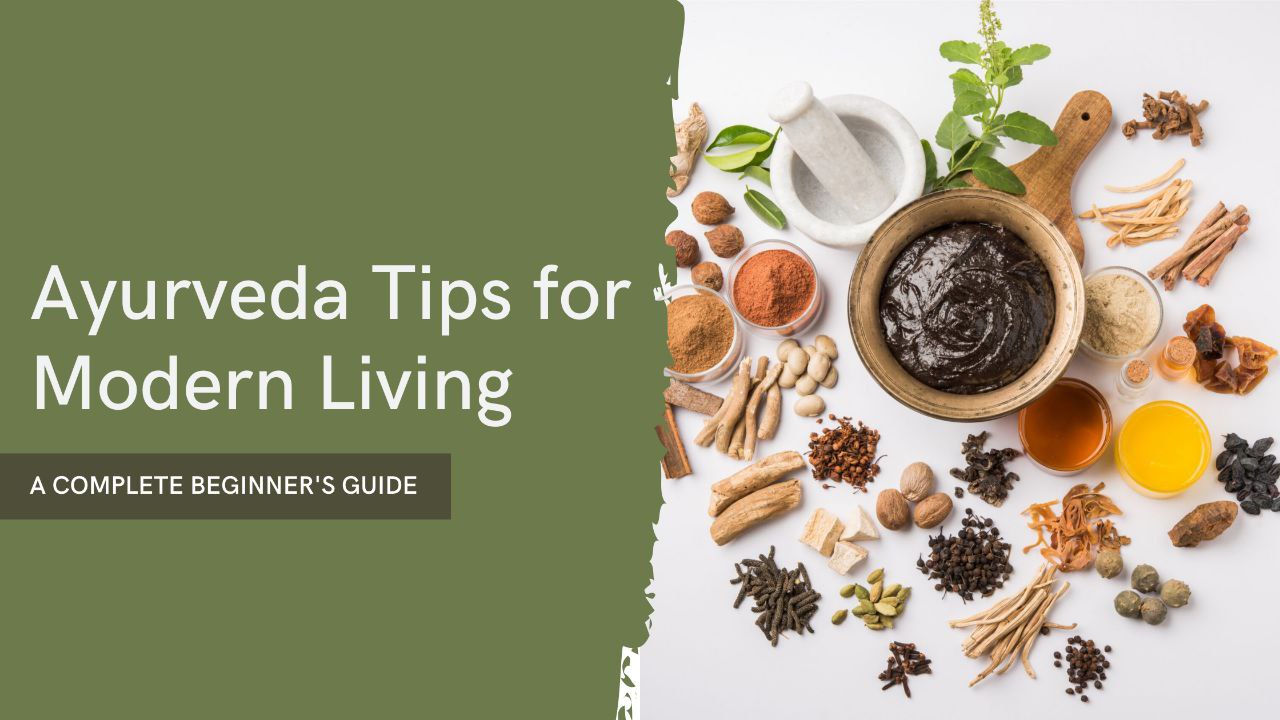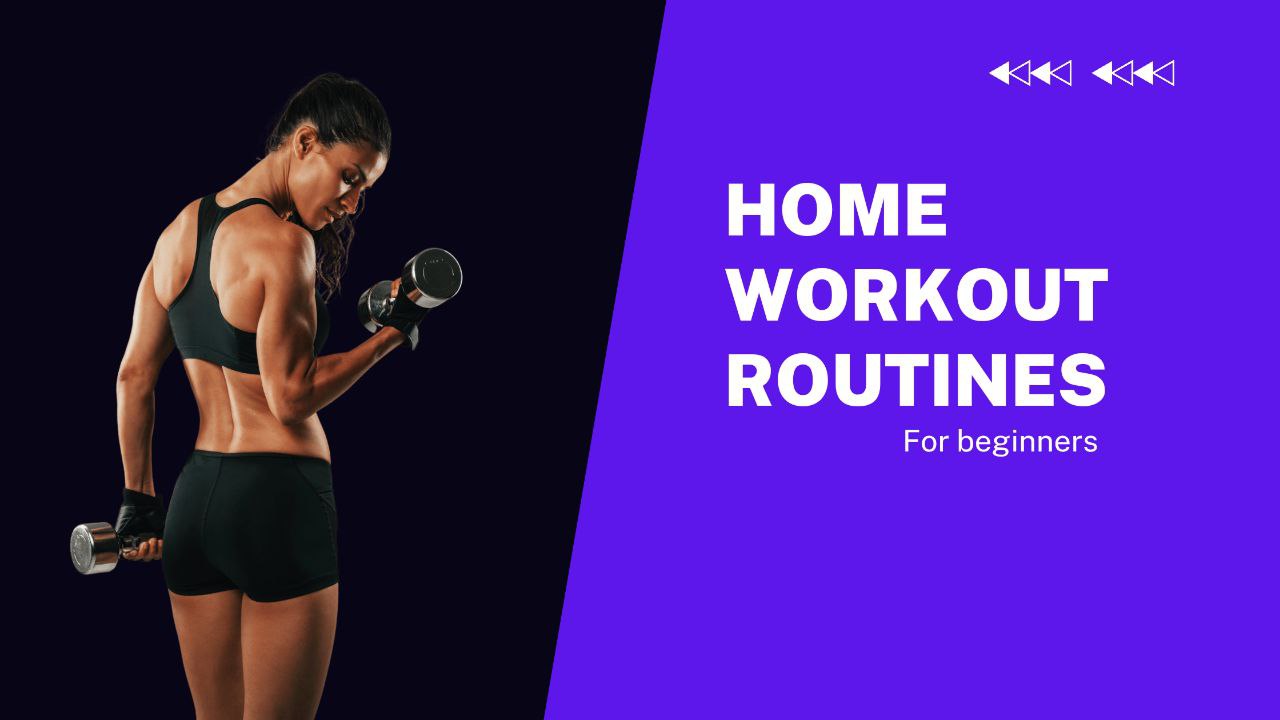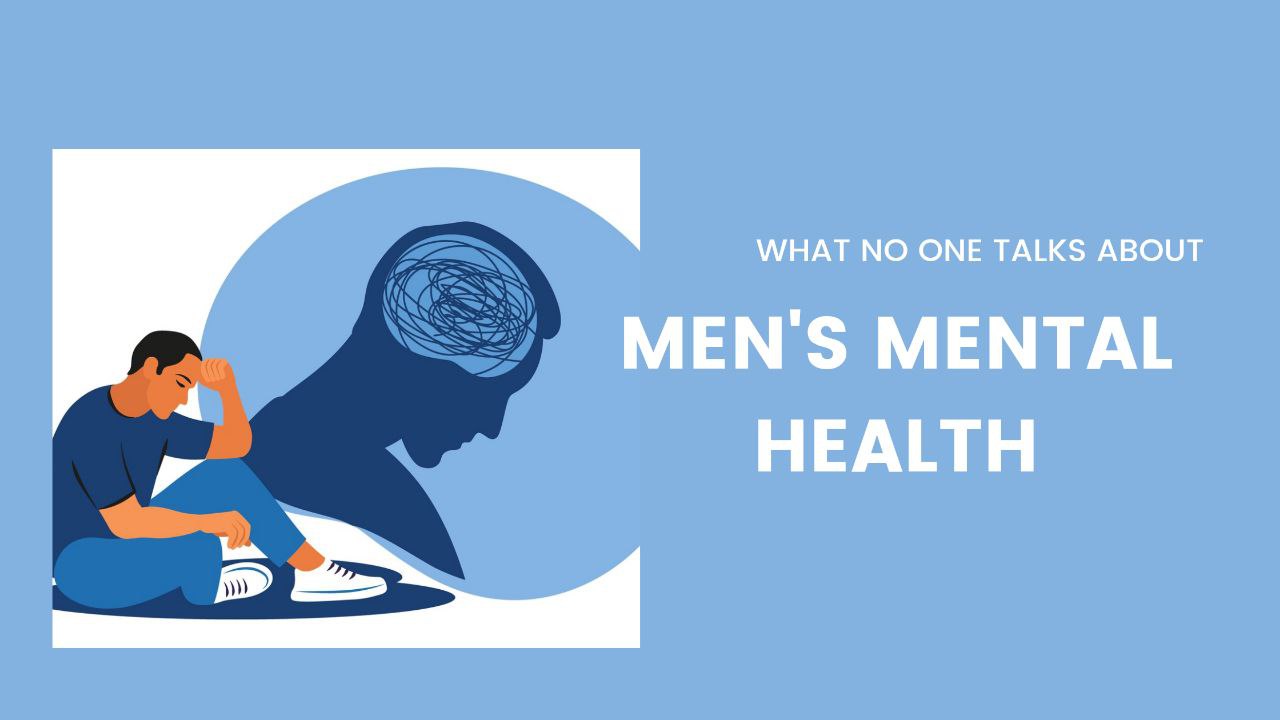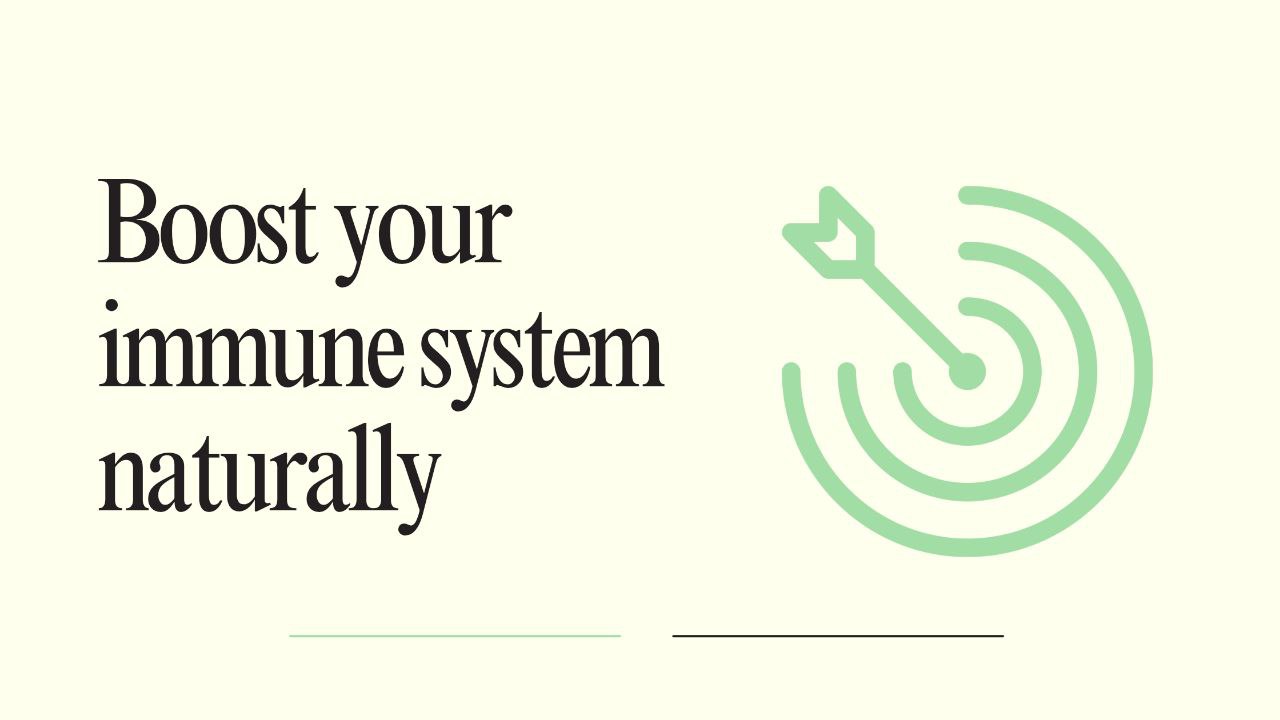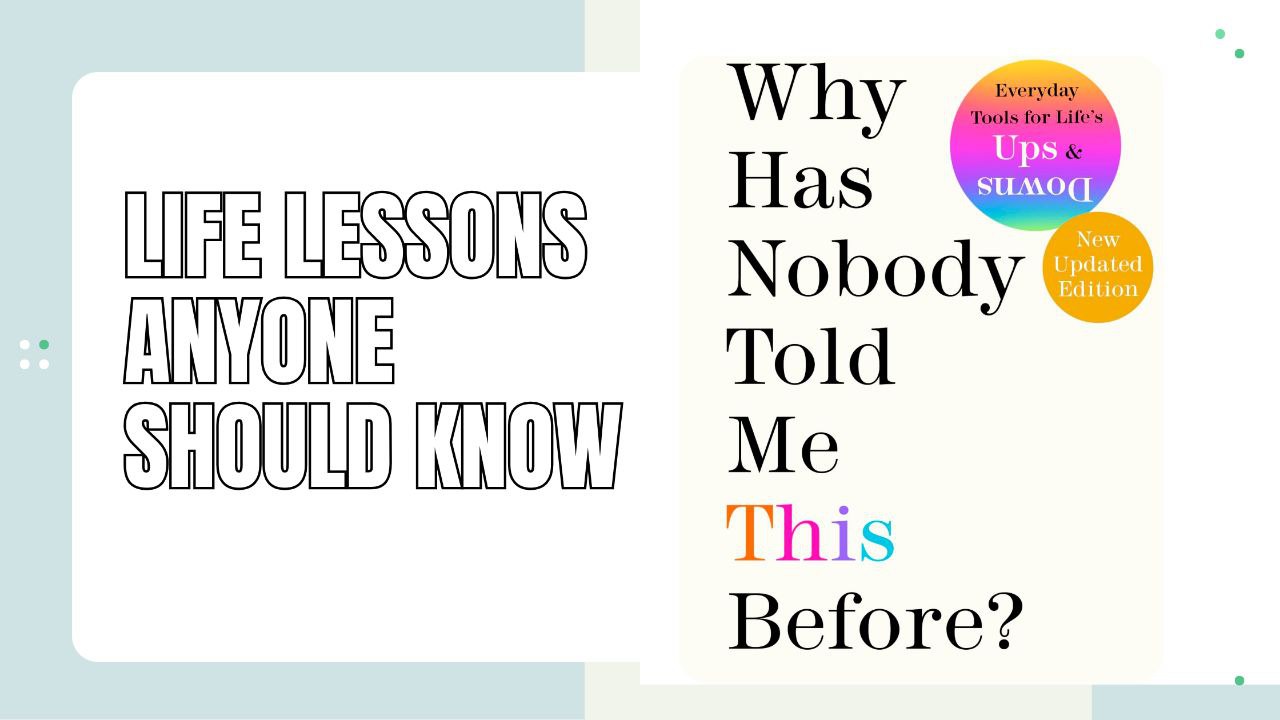Is Your Morning Cup of Coffee On An Empty Stomach Secretly Messing With Your Health?
You know the drill: your alarm goes off, you stumble out of bed, and before your brain even fully wakes up, your hands are already reaching for that first glorious cup of coffee. For some, it’s practically a religious ritual. For others—especially those who practice intermittent fasting—black coffee before breakfast is a daily norm.
But here’s the million-dollar question: Is drinking coffee on an empty stomach actually bad for you?
While plenty of people sip their morning brew before eating and feel just fine, others report stomach issues, jitteriness, or even mild anxiety. So, let’s break it down—does your morning coffee need a plus-one (a.k.a. breakfast), or is your stomach strong enough to handle caffeine solo?
The Science Behind Coffee on an Empty Stomach

First, let’s be real—there isn’t a ton of research specifically on the effects of coffee on an empty stomach. But we do know a few things:
☕ Coffee boosts acid production. If you already struggle with heartburn or acid reflux, skipping breakfast and diving straight into a cup of coffee could make things worse.
💨 Coffee speeds up digestion. Ever notice how coffee makes you… well, need a bathroom break? That’s because it stimulates muscle contractions in the colon. This can be great if you need a little digestive nudge, but not so great if your gut is already sensitive.
⚡ Caffeine hits harder on an empty stomach. Without food to slow its absorption, caffeine enters your bloodstream faster, leading to a stronger, sometimes jittery effect—especially if you’re prone to anxiety.
So, if you’re one of those people who drinks coffee first thing and feels totally fine, congratulations! But if you’re experiencing any of the above, it might be time to rethink your routine.
When Coffee and Your Stomach Don’t Get Along
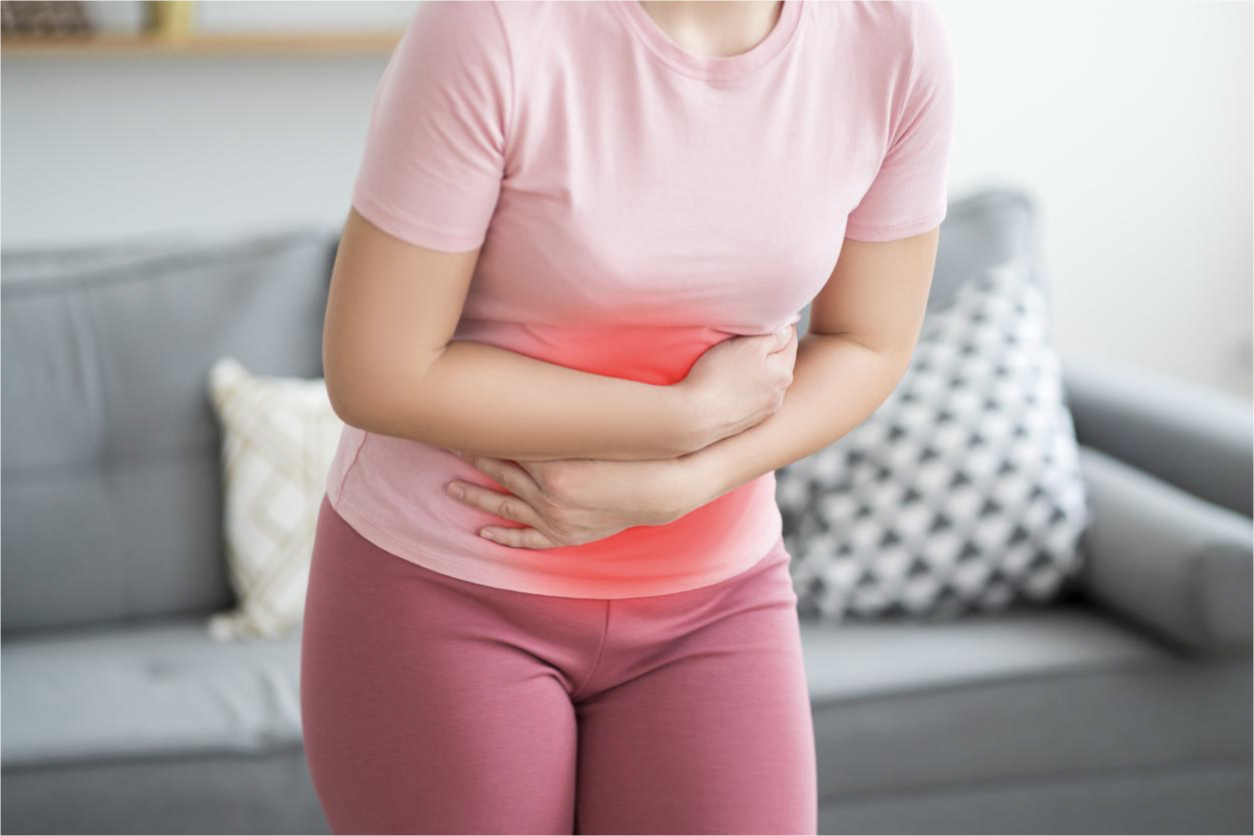
1. You Have Digestive Issues
If your stomach throws a tantrum every time you drink coffee before breakfast, blame it on the acid. Coffee stimulates gastric acid production, which can irritate the stomach lining—especially for those prone to acid reflux or ulcers.
What Can Help?
Try pairing your coffee with foods that neutralize stomach acid, like:
•Ripe bananas
•Oatmeal
•Eggs
•Whole-grain toast
•Non-citrus fruits
Also, watch out for artificial creamers and added sugars, which can trigger acid reflux. Basically, if your coffee looks more like dessert, your stomach will make sure you regret it.
2. You’re Running to the Bathroom Too Often
Coffee is a natural laxative, meaning it helps some people “go” in the morning. But if you already have IBS, a sensitive gut, or are prone to diarrhea, that cup of coffee might just be speeding things up too much.
What Can Help?
•Reduce your caffeine intake (yes, decaf can still have a laxative effect).
•Try eating first to see if it slows things down.
•Avoid dairy in your coffee if you’re lactose-sensitive.
Just remember, eating also triggers digestion, so pairing your coffee with food may not completely eliminate the bathroom dash.
3. You Feel Jittery or Anxious
Caffeine is a stimulant, and for some people, even a small amount can mimic anxiety symptoms like nervousness, restlessness, and a racing heart.
Drinking coffee on an empty stomach only amplifies these effects because there’s no food to slow down caffeine absorption. This is especially true if you’re someone who naturally struggles with anxiety.
What Can Help?
•Eat something before or with your coffee to slow caffeine absorption.
•Consider switching to half-caff or decaf if you’re sensitive to caffeine.
•Stay hydrated—sometimes, dehydration can make jitters worse.
Or… Maybe It’s Not the Coffee at All?
If you’ve ever blamed coffee for your stomach issues or anxiety but changing your routine didn’t help, it’s worth considering other factors:
•Stress: Your gut and brain are deeply connected. If you’re stressed, it might not be the coffee—it could be your job, your inbox, or the fact that your neighbor’s dog barks at 5 AM.
•Poor sleep: If you’re not sleeping well, caffeine will hit harder.
•Diet choices: Other foods (or lack thereof) could be the real culprit.
So, before you break up with coffee, take a closer look at what else is going on in your daily routine.
The Bottom Line: Should You Stop Drinking Coffee on an Empty Stomach?
Honestly? It depends on you.
If you drink coffee first thing in the morning and feel fine—keep doing your thing. But if you’re noticing digestive issues, bathroom emergencies, or anxiety spikes, try tweaking your routine:
✅ Eat a small snack with your coffee.
✅ Cut back on sugar and artificial creamers.
✅ Switch to half-caff or decaf if caffeine hits too hard.
✅ Stay hydrated—coffee isn’t a substitute for water.
At the end of the day, nutrition isn’t one-size-fits-all. Listen to your body, experiment with small changes, and find what works best for you. Because let’s be honest—most of us aren’t giving up coffee anytime soon.
Now, go enjoy that cup—but maybe grab a banana first.
